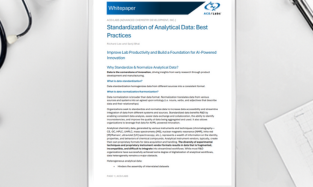Metastatic NSCLC therapy, tepotinib, given Breakthrough Designation
Posted: 11 September 2019 | Rachael Harper (European Pharmaceutical Review) | No comments yet
Tepotinib, an investigational therapy for patients with metastatic non-small cell lung cancer has been given Breakthrough Therapy Designation.


The US Food and Drug Administration (FDA) has granted Breakthrough Therapy Designation for the investigational targeted therapy tepotinib in patients with metastatic non-small cell lung cancer (NSCLC) harboring MET exon 14 skipping alterations who progressed following platinum-based cancer therapy.
Discovered in-house at Merck KGaA, tepotinib is an investigational oral MET kinase inhibitor that is designed to inhibit the oncogenic signalling caused by MET (gene) alterations, including both MET exon 14 skipping alterations and MET amplifications or MET protein over-expression.
“Tepotinib was associated with robust objective responses with durability that has not previously been seen in patients with metastatic NSCLC harbouring MET exon 14 skipping alterations, selected by either tissue or liquid biopsy approaches,” said Luciano Rossetti, Global Head of R&D for the Biopharma business of Merck KGaA, Darmstadt, Germany. “This breakthrough therapy designation further underscores the potential of tepotinib and we aim to advance this programme and deliver this medicine as quickly as possible to NSCLC patients who may benefit.”
The Breakthrough Therapy Designation is based on data from the ongoing VISION study (NCT02864992), showing preliminary clinical evidence that tepotinib may offer an improvement over available therapy in patients with metastatic NSCLC harboring MET exon 14 skipping alterations detected by liquid biopsy (LBx) or tissue biopsy (TBx) across different lines of treatment.
Related topics
Clinical Trials, Drug Development, Drug Discovery, Regulation & Legislation, Research & Development (R&D)









